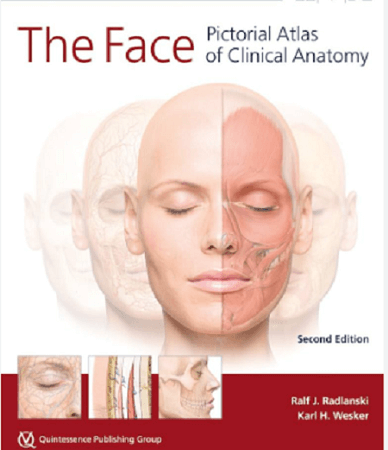Intrinsic Motivation

- File photo | Credit Shutterstock
Intrinsic Motivation: An Enabler of Job Satisfaction
Intrinsic motivation refers to motivation that is driven by an interest or enjoyment in the task itself, and exists within the individual—often resulting from an individual’s need to be competent and self-determining.
Intrinsic motivation involves engaging a behavior because it is personally rewarding rather than the desire for external reward. It implies that the work itself is interesting, engaging, and in some way satisfying.
Intrinsically motivating task are those that are interesting and enjoyable to perform irrespective of possible external rewards. The clearest example of intrinsic motivation is related to psychological rewards such as opportunity to use one’s ability, a sense of challenge and achievement, receiving appreciation, positive recognition, and being treated in caring and considerate matter (Mullins, 2005).
Most organizational efforts to improve employee motivation concentrate on providing opportunities for individuals to receive intrinsic satisfaction from their work.
The intrinsic outcomes of an individual’s performance become meaningful to the extent that these outcomes are perceived as being instrumental in helping the individual reach his or her personal goals.
Intrinsic satisfaction is determined by those motivational factors that are inherent in the work itself and independent of extrinsic rewards (i.e., the satisfaction an employee receives from performing the specific duties and tasks of his or her job).
A person receives intrinsic satisfaction from those internal job elements that contribute to his or her sense of what makes a given job enjoyable and interesting. Extrinsic job satisfactionOpens in new window, on the other hand, is determined by external factors that influence an individual’s satisfaction. Examples of external components that may affect motivation and job satisfaction include reward systems, performance evaluations, and training and development incentives.
Herzberg’s two-factor theory is most useful in describing intrinsic motivation. This theory has been widely applied by managers concerned with how to motivate their employees. According to Herzberg, two unique dimensions may be used to describe motivation namely:
- Extrinsic factors (hygiene) and
- Intrinsic factors (motivators).
Whereas hygiene factors are external to the work itself, motivators are characterized by positive feelings about the job and the work in themselves (e.g., feelings of achievement, recognition, responsibility, advancement, and growth). If hygiene factors are lacking in a job or in its environment, a state of dissatisfaction is created within the employee. However, even if these factors are present and dissatisfaction is reduced, this may not necessarily lead to state of satisfaction.
Motivators include the intrinsic characteristics of a job which, when present, lead to satisfaction and motivated performance.
Herzberg’s two-factor theoryOpens in new window suggests that jobs can be enriched to sustain or increase intrinsic job satisfaction among employees. Job enrichment provides the employee with an opportunity for psychological growth. Herzberg identifies seven principles useful for job enrichment.
- Removing controls while retaining accountability.
- Increasing individuals’ accountability for their own work.
- Giving employees a complete and natural work unit.
- Granting employees additional authority in their tasks.
- Making periodic reports available to workers.
- Introducing new and more difficult tasks.
- Assigning specific or specialized tasks to certain individuals.
Job design Opens in new window is yet another strategy that can lead to increased intrinsic satisfaction. According to Hackman and Oldham' Job Characteristics Model Opens in new window, satisfaction of higher-order needs, which is the essence of intrinsic job satisfaction, occurs when the employee experiences three psychological states.
- The job allows the employee to feel personally responsible for a significant segment of his or her work outcomes.
Autonomy Opens in new window, defined as the degree to which the job provides freedom and independence, is the primary core job dimension contributing to feelings of personal responsibility for job outcomes. A job becomes meaningful and motivating when an individual perceives that work outcomes are the result of personal effort and control so that he or she feels personally responsible for these outcomes.
- The job involves doing something that is perceived as meaningful by the individual.
There are three core job dimensions that can make jobs more meaningful or worthwhile. The first dimension, task identity, refers to the degree to which a job requires completion of a whole, identifiable task as opposed to just a portion of it. The second core dimension is skill variety. A job becomes more meaningful if it requires the employee to develop and utilize a number of different skills and talents. Task significance, the third core job dimension contributing to the perceived meaningfulness of a job, refers to the degree to which the job has a substantial impact on the lives of other people.
- The job provides the employee with feedback about results.
Knowledge of how well one is performing is necessary for the satisfaction of higher-order needs. Feedback can be provided either by the job itself or by another individual. Immediate feedback from the job itself results in greater intrinsic satisfaction than does feedback from another individual at a later point in time.
























